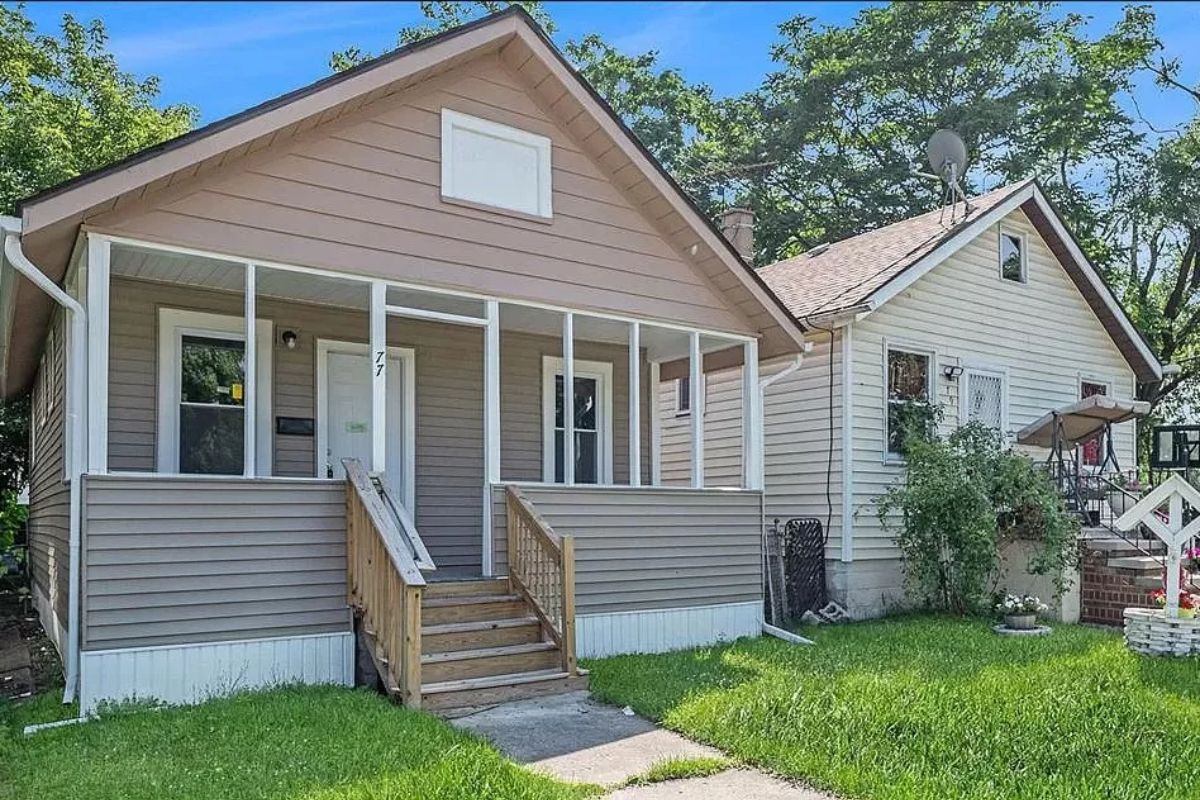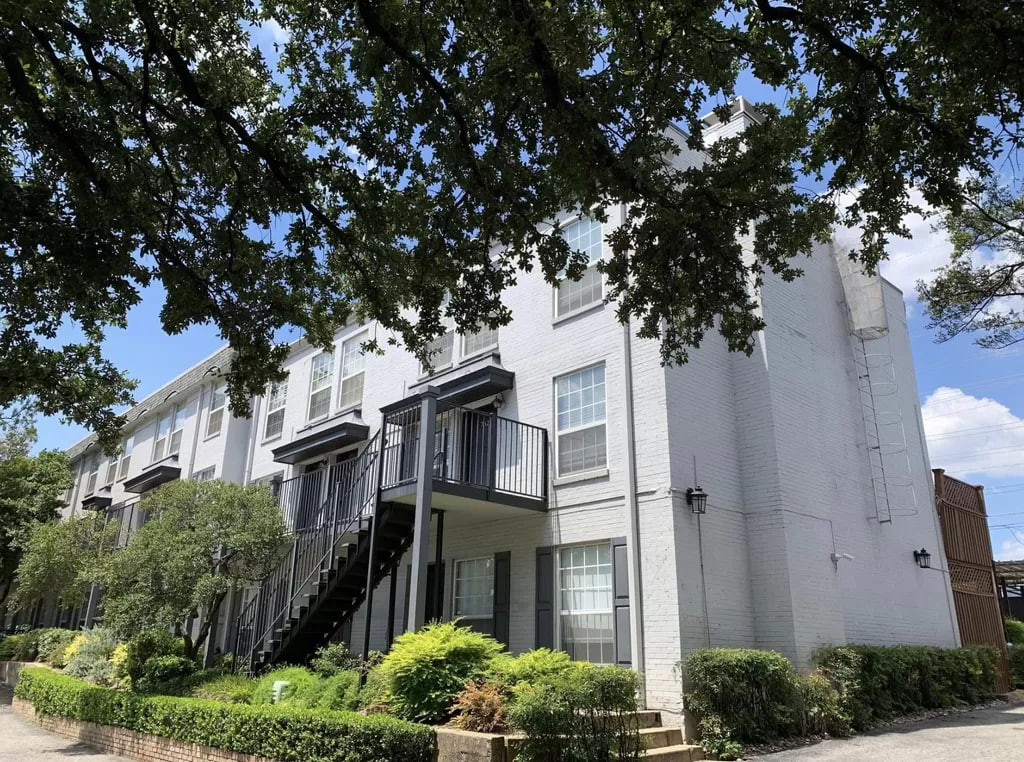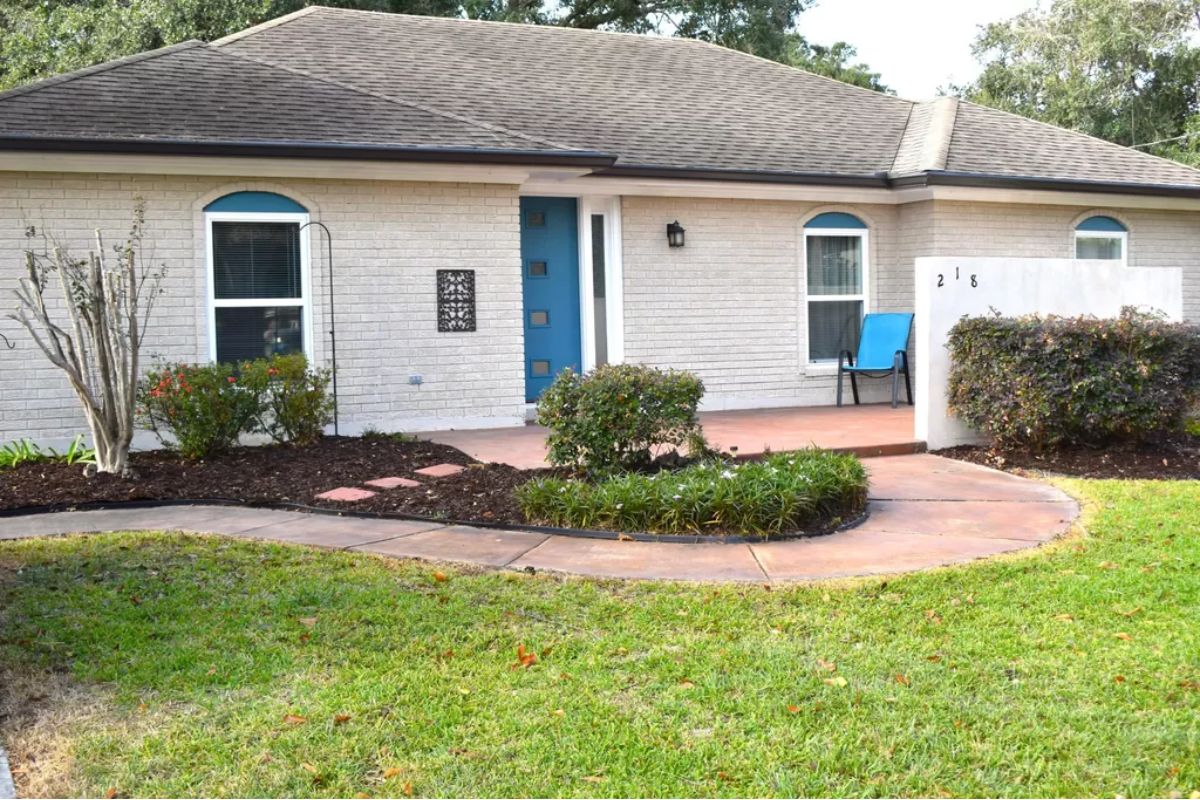Finding suitable housing can be a challenging journey, especially for individuals with a domestic violence charge on their record. In this article, we will explore the possibilities and considerations when seeking an apartment after a domestic violence incident.
Can I get an apartment with a domestic violence charge?
In many areas, it may be difficult but not impossible to rent an apartment with a domestic violence charge. Some landlords may be reluctant to rent to applicants with criminal records due to perceived risks. However, laws in many states prohibit landlords from denying housing or charging more rent solely due to an applicant's status as a domestic violence victim.
If the charge is related to you being a victim, for example of spousal or child abuse, landlords in states with such laws cannot legally deny you an apartment on this basis alone.
What is the law regarding housing discrimination against domestic violence victims?

Many states and municipalities have enacted laws to prevent housing discrimination against domestic violence victims. For example, in Georgia it is illegal for landlords to deny housing, charge higher rent, or take retaliatory actions against tenants solely due to their status as a domestic violence survivor.
Victims are protected from unfair treatment and can obtain court orders against landlords engaging in prohibited practices. There are exceptions allowing eviction of perpetrators with restraining orders against them. Overall, the law aims to remove barriers to safe housing for those escaping abusive situations.
Related: How To Rent An Apartment With No Credit?
Can I get an apartment if I have a restraining order?
If you have obtained a restraining order against a domestic violence perpetrator, several options are available to allow safe relocation. Victims can end their lease without penalty under many states' "safe housing acts" which prohibit landlords from discriminating against those with protective orders.
Public housing authorities may also help transfer applicants threatened by restricted individuals. Both temporary and permanent restraining orders can mandate distance between the parties, thus protecting tenants' right to peaceful enjoyment of their home. Landlords must be promptly notified in writing of valid restraining orders or incident reports shielding victims from repercussions.
Can I rent an apartment if I have a stalking charge?
Being charged with stalking could negatively impact one's ability to rent housing. It is important to be honest with potential landlords about any criminal charges to avoid complications later in the application process. Landlords generally inquire about employment, income stability, and criminal history to evaluate rental suitability.
An attorney can help address stalking charges fairly to minimize damage to housing and career prospects. Beyond the legal consequences, those accused also risk personal safety if warrants allow prohibited contact with victims. Full disclosure and legal assistance are advisable under these sensitive circumstances.
What should I do if I'm accused of domestic violence but live in public housing?
If accused of domestic violence while living in public housing, speaking with a legal advocate soon after the incident is recommended. Certain programs have policies for residents charged with or convicted of violent crimes on premises.
Some options allow tenants to request transfers if their current housing no longer accommodates their family size due to changed circumstances, such as partner separation or filing of protective orders. Legal counsel can examine specific procedures, residents' rights, and all potential outcomes like relocation, probation, or even eviction.
Early guidance ensures any responses follow due process and give accused individuals opportunities to defend themselves lawfully while stabilizing their housing situation.
Should I notify my landlord about a past domestic violence charge?
Federal law requires tenants who have dealt with domestic violence, dating violence, sexual assault or stalking to notify landlords of incidents that could impact housing within 90 days. Information supplied must include a copy of any valid protective order or third-party report, in addition to the name of the perpetrator.
Landlords are then barred from evicting victims based solely on the reported criminal activity and its consequences, like damage to property. Not disclosing incidents could result in fair housing complaints or legal penalties later on if rental history is checked.
Full compliance with notification policies helps ensure continued housing assistance or unit occupancy as survivors' rights.
Conclusion
While having involvement in domestic violence cases can complicate renting a new home, several legal protections aim to safeguard victims. Laws forbid housing denial or discrimination against those applying with relevant charges or protective orders. Public housing transfer options and assistance from nonprofit groups may also aid relocation efforts.
Most importantly, consulting experienced legal counsel or advocates ensures individuals understand applicable statutes, safeguard their rights, and make fully informed choices throughout related criminal, civil and housing application processes. With guidance, stable housing remains attainable even after facing domestic abuse situations.





